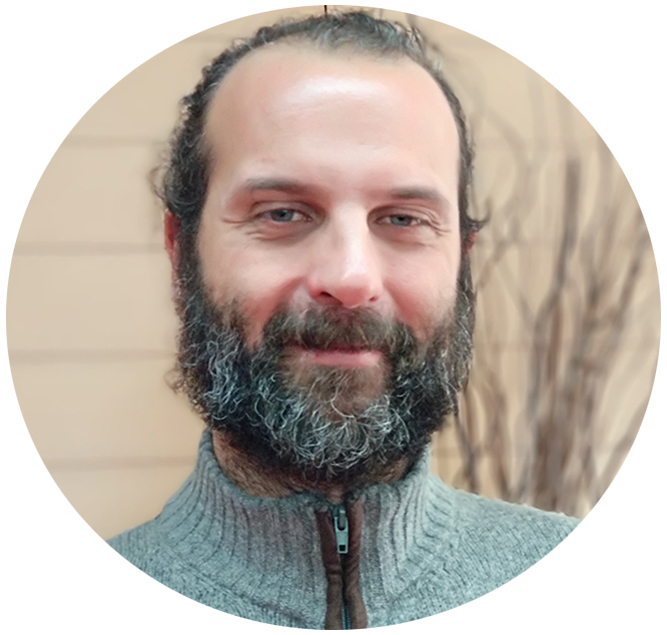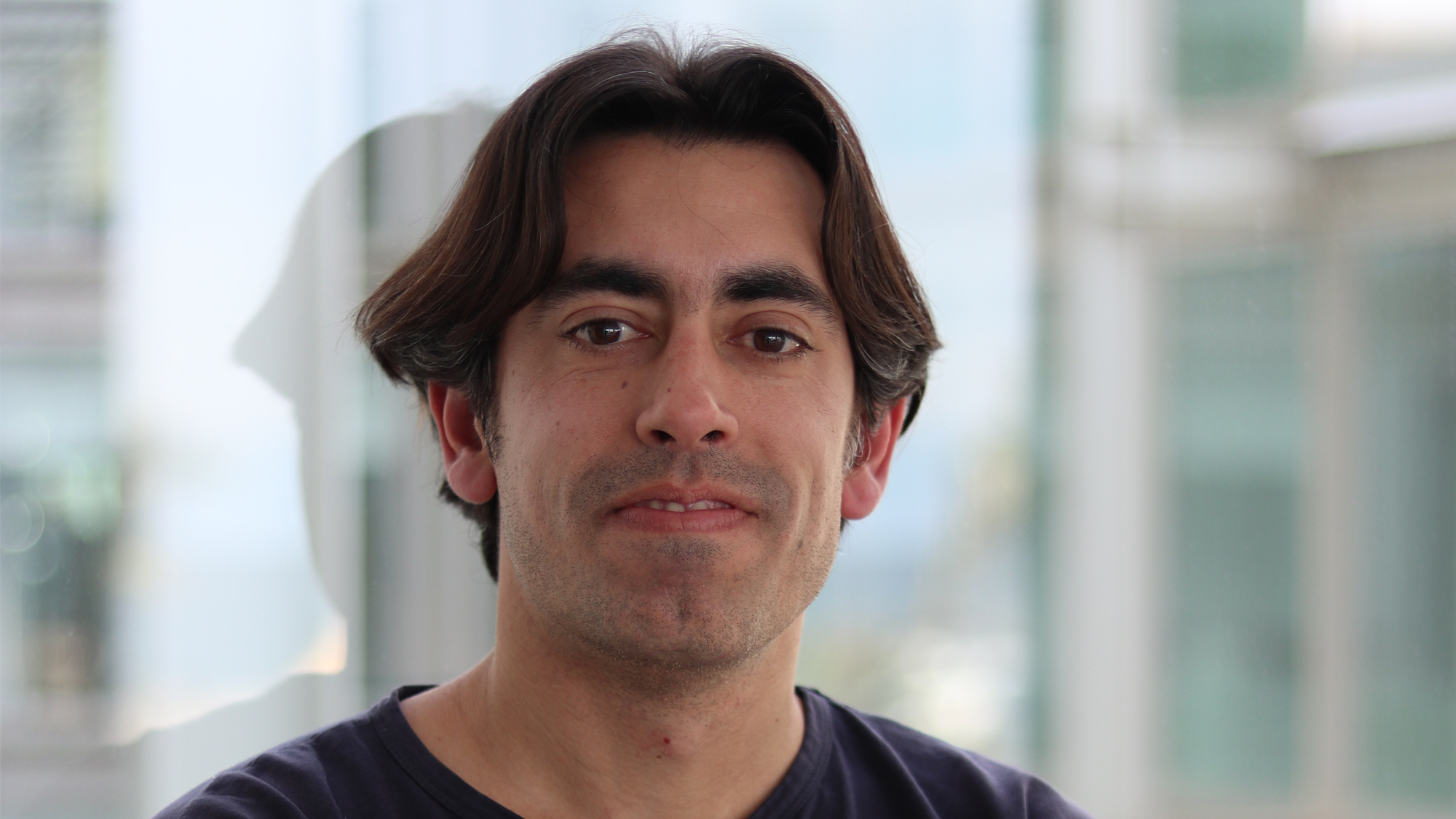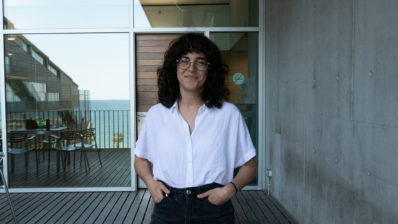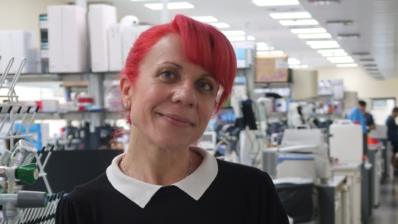Gerard Talavera (Barcelona, 1980) is a researcher in the field of insect biodiversity and evolution, currently focused on understanding butterfly migrations. He studied biology at the Autonomous University of Barcelona, where he also received his PhD. After several years abroad, at the universities of Saint Petersburg in Russia, and Harvard in the USA, he returned to Barcelona in 2017, to join the Butterfly Diversity and Evolution Lab at the Institute for Evolutionary Biology (IBE: CSIC-UPF). He is also a reviewer for National Geographic.
How difficult is it to develop a research career in your field?
In the current scenario of little investment in science it is very complicated. I cannot make plans more than a year and a half in advance, and this is very limiting in science. In addition, biodiversity research is especially sensitive because it is one of the fields where investment is cut first. And part of society agrees with this; it is not perceived as being important.
“(Biodiversity research) is one of the fields where investment is cut first”
Gerard Talavera
What do you think this perception is due to?
It is, in part, our fault because we do not know how to explain ourselves, but journalists are also responsible. When they talk about biodiversity research, it is usually associated only with the observation of nature, reducing everything to a beautiful anecdote or curiosity. And this makes it very difficult for us to find a way to explain our research and ensure that society sees its benefits and applications.
Could you give me an example?
When we discovered Lasius balearicus in Mallorca, an endemic ant from the Tramuntana mountains that is on the brisk of extinction due to climate change, the announcement generated considerable media interest. But this was because we put together three key concepts, discovery, extinction, and climate change; not because anyone cared about the ant itself.
And should we worry about this ant?
Of course! At the ecological level its importance is perhaps debatable, but at the evolutionary level we are losing a lineage that has evolved over 2-million years. We are losing unique genetic diversity that evolution has generated. In other words, losing Lasius balearicus, or any other species, is like losing a UNESCO heritage artwork: something unique, that we must, at the very least, try to conserve.
“(With extinction), we are losing unique genetic diversity that evolution has generated”
Why did you come back from the USA to the IBE?
Because I am from Barcelona and I would like to settle here. I saw the birth and growth of the IBE, which was created when I was a Master’s student, and I am very happy to see how it has evolved into what it is now. I would also like to contribute here with everything I have learned at Harvard. I also have the feeling that in the IBE I can do all the same things I did in the USA. Of course, in Harvard they have more resources; there I could do things in three days that here take me a month.
And do you see any possibility for attaining professional stability?
Yes, but it is very difficult. The logical succession that exists theoretically –doctorate, postdoc abroad, back to Spain, and stabilise– is very complicated these days. You are asked, in record time, to publish, win international projects, direct theses, review projects, get patents, and so on. And, of course, you must do research! However, in spite of everything, I am optimistic because I see that, step by step, with a lot of effort, I can advance in my research career.







